| Author: | Andrew Robinson | ISBN: | 9780500771952 |
| Publisher: | Thames & Hudson | Publication: | May 20, 2014 |
| Imprint: | Thames & Hudson | Language: | English |
| Author: | Andrew Robinson |
| ISBN: | 9780500771952 |
| Publisher: | Thames & Hudson |
| Publication: | May 20, 2014 |
| Imprint: | Thames & Hudson |
| Language: | English |
India’s unfolding story, from the ancient Hindu dynasties to the coming of Islam, from the Mughal Empire to the present day
** **
India has always been a land of great contradictions. To Alexander the Great, the country was a place of clever naked philosophers and massive armies mounted on elephants – which eventually forced his army to retreat. To ancient Rome, it was a source of luxuries, mainly spices and textiles, paid for in gold—hence the enormous numbers of Roman gold coins excavated in India. At the height of the Mughal empire in 1700, India boasted 24 percent of the world economy—a share virtually equal to Europe’s 25 percent. But then its economy declined. Colonial India was known for its extremes of wealth and poverty, epitomized by the Taj Mahal and famines, maharajas and untouchables, and also for its spirituality: many-armed Hindu gods and Buddhist philosophy, Mahatma Gandhi and Rabindranath Tagore.
India: A Short History places as much emphasis on individuals, ideas and cultures as on the rise and fall of kingdoms, political parties and economies. Anyone curious about a great civilization, and its future, will find this an ideal introduction, at times controversial, written by an author who has been strongly engaged with India for more than three decades.
India’s unfolding story, from the ancient Hindu dynasties to the coming of Islam, from the Mughal Empire to the present day
** **
India has always been a land of great contradictions. To Alexander the Great, the country was a place of clever naked philosophers and massive armies mounted on elephants – which eventually forced his army to retreat. To ancient Rome, it was a source of luxuries, mainly spices and textiles, paid for in gold—hence the enormous numbers of Roman gold coins excavated in India. At the height of the Mughal empire in 1700, India boasted 24 percent of the world economy—a share virtually equal to Europe’s 25 percent. But then its economy declined. Colonial India was known for its extremes of wealth and poverty, epitomized by the Taj Mahal and famines, maharajas and untouchables, and also for its spirituality: many-armed Hindu gods and Buddhist philosophy, Mahatma Gandhi and Rabindranath Tagore.
India: A Short History places as much emphasis on individuals, ideas and cultures as on the rise and fall of kingdoms, political parties and economies. Anyone curious about a great civilization, and its future, will find this an ideal introduction, at times controversial, written by an author who has been strongly engaged with India for more than three decades.
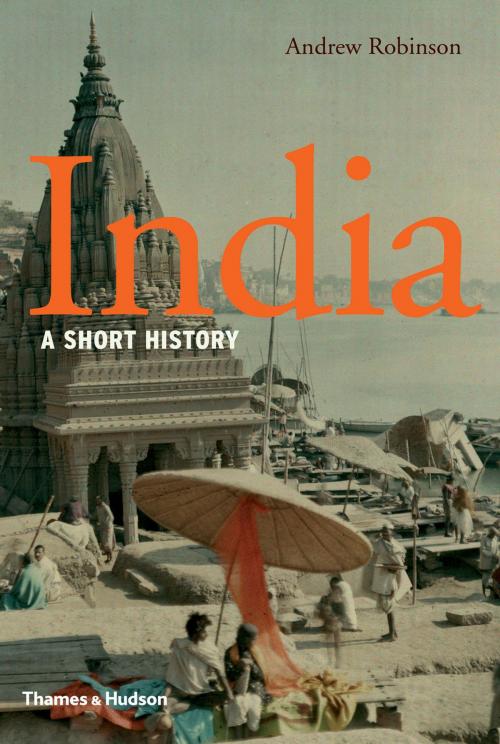
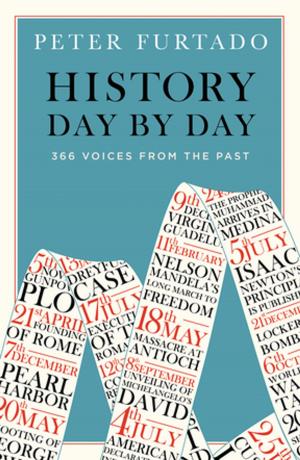




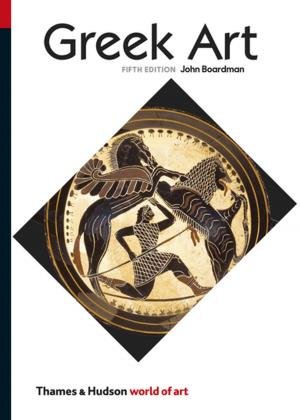
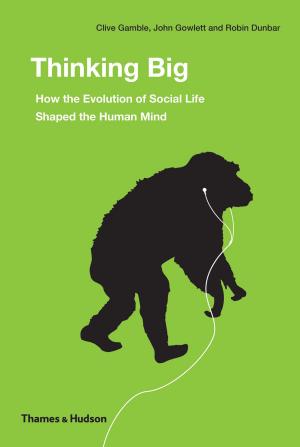





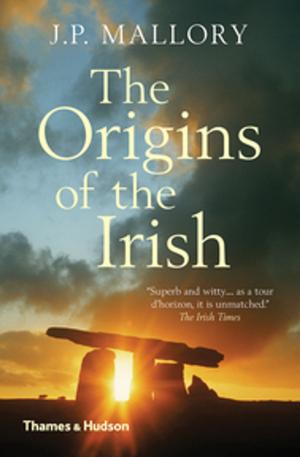
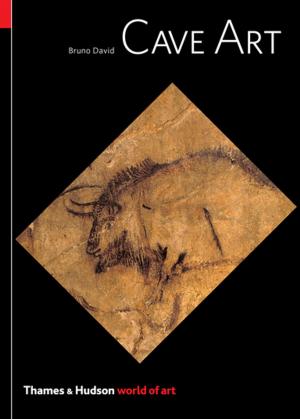
![Cover of the book Gladiator: The Roman Fighter's [Unofficial] Manual by Andrew Robinson](https://www.kuoky.com/images/2011/april/300x300/9780500771723-Rf2A_300x.jpg)